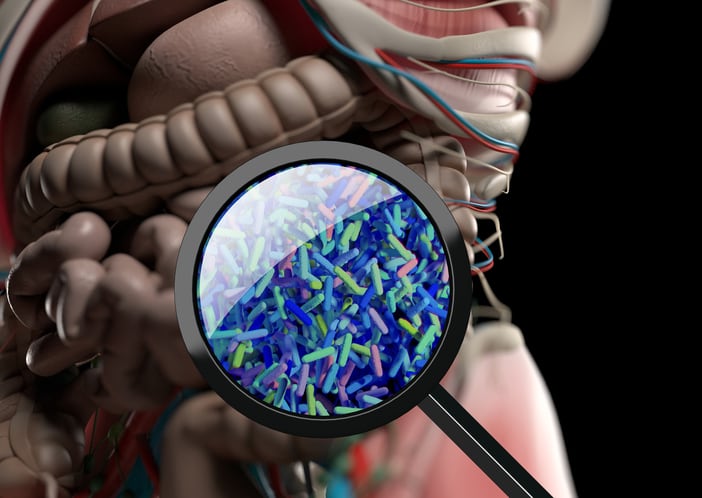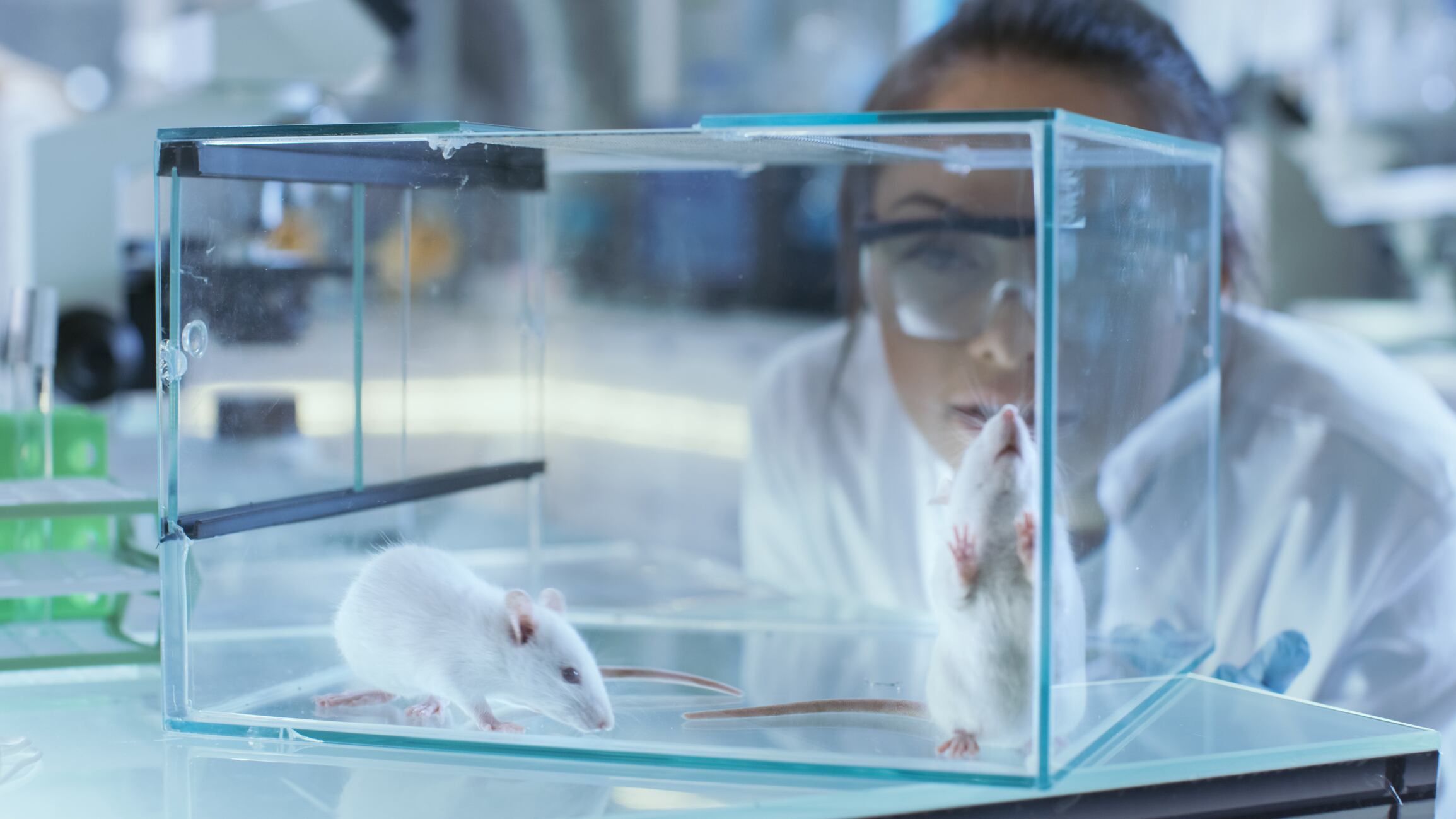Type 1 diabetes mellitus (T1D) is an autoimmune disease characterised by progressive beta cell destruction. Studies in mice suggest that interaction of the intestinal microbes with the innate immune system is a critical factor for the development of T1D and can be improved by FMT.
A recent human study showed marked differences in small intestinal microbiota and duodenal gene expression between T1D and healthy control subjects. T1D is thus believed to develop due to an altered intestinal epithelial barrier function induced by an impaired intestinal short-chain fatty acid (SCFA) production.
The current exploratory randomised controlled FMT trial in 20 recent onset T1D subjects (aged 19-35 with normal BMI, diagnosed within previous 6 weeks) aimed to study the effects of sequential treatments of either healthy donor (allogenic) FMT or own (autologous) FMT on residual beta cell function (mixed meal test (MMT) stimulated C peptide response) during active FMT treatment (0–6 months) as well as long-term effects (0–12 months).
Moreover, the relation with changes in duodenal microbiota composition, duodenal gene expression, faecal microbiota phylogenetic and metagenomic composition, whole blood T cell autoimmunity and fasting plasma metabolites was studied in these new-onset adult patients with T1D.
In their report, published in 'BMJ Gut', the authors conclude their findings suggest FMT is a safe treatment that can have an effect on residual beta cell function in new-onset T1D.
They report: "Several novel bacterial strains including faecal D. piger and B. stercoris as well as duodenal Prevotella spp and S. oralis were identified with therapeutic potential. Accordingly, increases in plasma phospholipids and tryptophan derivatives such as 1-myristoyl-2-arachidonoyl-GPC and 1-arachidonoyl-GPC as well as 6-bromotryptophan after FMT associated with beneficial changes in small intestinal CCL22 expression and whole blood immune cell subsets such as CXCR3+ CD4+ T cells.
"We hope that our exploratory study will spark larger randomised (allogenic vs autologous vs real placebo) FMT trials with a longer follow-up to confirm and expand on our compelling findings of FMT-based intervention in the progressive loss of beta cell function in human T1D."
In contrast to the authors' hypothesis, autologous FMT performed better than healthy donor FMT. Even in the allogenic group, the decline in MMT stimulated C peptide response appeared less than expected.
The report hypothesises an explanation: "The beneficial immunological effects of FMT (irrespective of donor source) are more pronounced and durable when the FMT donor microbiota is more immunologically compatible with the host.
"We suspect that allogenic FMT increases the already present increase in inflammation that is known to occur around the time of diagnosis, by offering immunologically foreign colonic microbiota to which the host is less tolerant to the small intestine (where the T cells are thought to be trained), which may overshadow beneficial effects that occur simultaneously and are caused by different agents."
Research history
The findings of the current study accord with recent observational studies supporting a role for the intestinal microbiota in T1D subjects.
Previous animal studies pointing towards a role for the small intestinal immune system include one by Korsgren et al which found that infusion of bacterial strains into the pancreatic ductal system of a rat could induce T1D with pancreatic histological findings that mimic those observed in patients with T1D.
A number of studies have suggested the intestinal epithelial barrier is necessary to prevent priming of the immune system to beta cell epitopes that are mimicked by harmful bacteria to which tolerance may be lost.
Indeed, intestinal SCFAs butyrate and acetate administration were shown to improve beta cell function in NOD mice. FMT has also been shown to be safe, as well as significantly alter the recipient gut microbiota composition (increasing butyrate producing bacterial strains) and affect glycaemic control in metabolic syndrome subjects based on baseline microbiota.
BMJ Gut
Nieuwdorp. M., et al
"Faecal microbiota transplantation halts progression of human new-onset type 1 diabetes in a randomised controlled trial"





